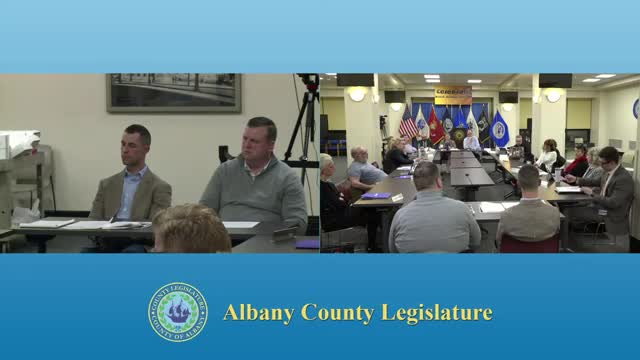Article not found
This article is no longer available. But don't worry—we've gathered other articles that discuss the same topic.
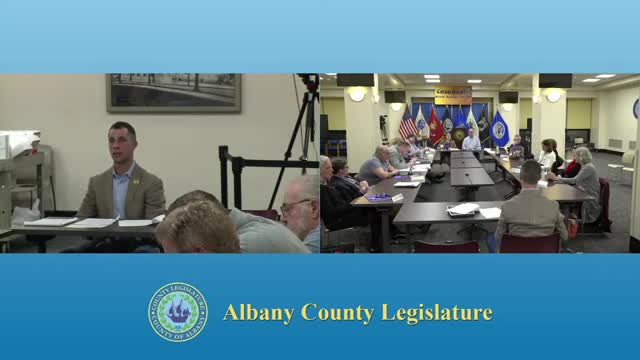
Committee Debates Proposed Generative AI Working Group; Sponsor Agrees to Further Coordination with IT
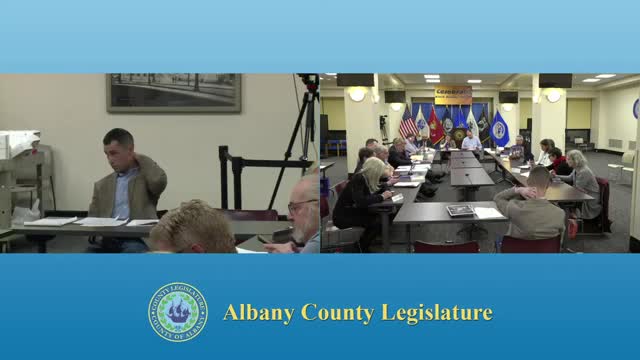
Committee Expands County Flag Policy to Honor All Fallen Service Members and First Responders
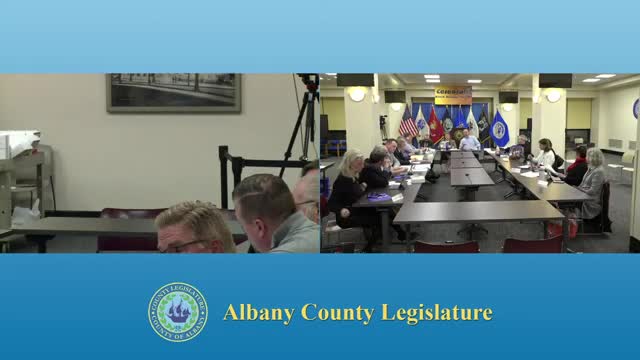
Legislature Advances Local Law to Raise Board of Contract Administration Thresholds
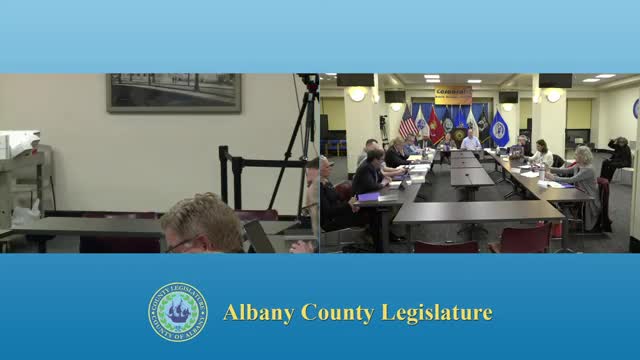
Law Committee Rejects Codifying Request-for-Legislative-Action Form; Majority Cites Need for Flexibility
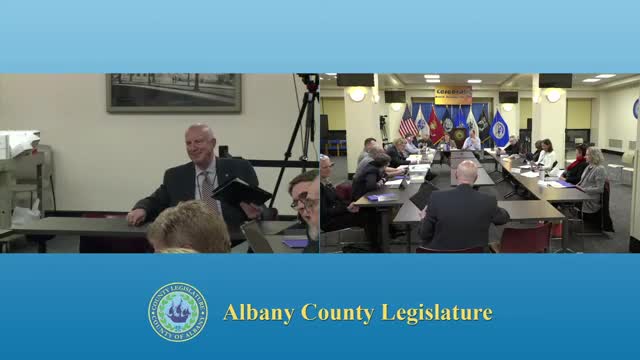
Albany County Legislature Urges State to Expand Liquor-store Hours to Match Neighbors
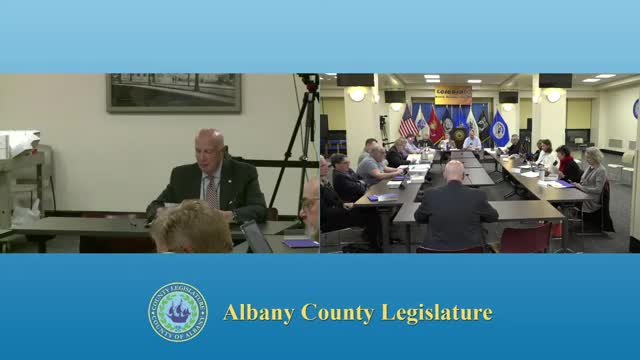
Legislature Extends County’s Counsel-at-First-Appearance Grant Through 2025
